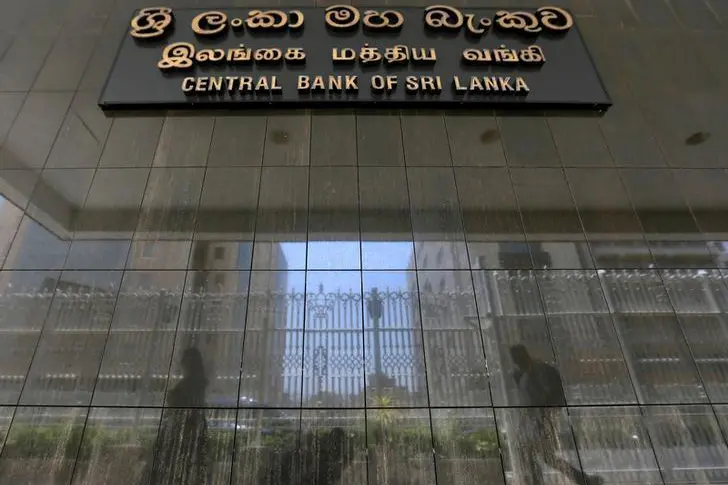PHOTO
Sri Lanka's central bank is considering moving towards a single policy rate mechanism to ensure better signalling of its monetary policy stance, Governor P. Nandalal Weerasinghe said on Wednesday.
Weerasinghe made the comment while announcing the annual policy statement for 2024.
The central bank currently directs policy using two interest rates - the standing deposit facility rate and the standing lending facility rate. It is now considering focusing on one of those rates, he said.
"We are looking at implementing the single rate this year. A single rate will give more clarity and make implementation easier," he told Reuters after the event.
The central bank has been mandated to maintain headline inflation at 5%, with a 2 percentage point leeway on either side, over the next three years, Weerasinghe said.
The average overnight call money rate is the operative target of the new monetary policy framework and no change in monetary policy is warranted at this point given inflation expectations remain well anchored, he said.
The Central Bank of Sri Lanka in November cut rates unexpectedly, taking total rate cuts since June to 650 basis points, and said it would suspend its monetary policy easing in the medium term.
Sri Lanka racked up record high inflation last year after its economy was pummelled by the worst financial crisis in decades.
Sri Lanka's key inflation rate in December accelerated to 4% from 3.4% in November, latest data showed, but still well below the record high of 70% reached in September 2022 during the depths of the island's economic turmoil.
The central bank will reduce the total number of monetary policy meetings each year to six from eight and will publish its monetary policy report on a bi-annual basis to improve communication, the chief said.
While highlighting the key goals for the central bank, Weerasinghe said successful completion of the International Monetary Fund bailout programme and pushing forward with external debt restructuring will remain priorities.
Sri Lanka will establish a new Public Debt Management Agency under the finance ministry to oversee both domestic and external debt, which will be fully operational by the end of this year, Weerasinghe added. The agency will oversee debt repayments once restructuring is completed.
Improving foreign exchange reserve buffers, diversifying the exports base, reducing external account deficits, sustaining the momentum of remittances and improving the island nation's sovereign ratings were listed as other objectives. (Reporting by Uditha Jayasinghe and Swati Bhat: Editing by Neil Fullick & Shri Navaratnam)





















